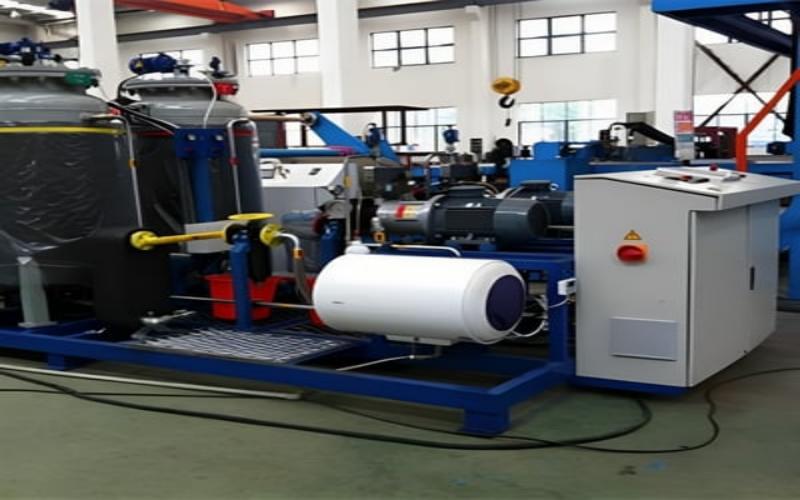Table of Contents

Introduction
Polyurethane panels are a versatile and durable building material used in a variety of applications. Made from a combination of polyols and isocyanates, these panels offer excellent insulation properties, strength, and resistance to weathering. In this article, we will delve into the intricacies of polyurethane panels, exploring their composition, benefits, and various applications.
The Composition of Polyurethane Panels
Polyurethane panels are typically made by combining polyols (a type of polymer) with isocyanates. The polyols serve as the base material, providing flexibility and resilience, while the isocyanates act as the cross-linking agents, binding the polyols together to form a solid panel. Other additives such as blowing agents, flame retardants, and stabilizers may also be incorporated to enhance specific properties of the panels.
The Benefits of Polyurethane Panels
Polyurethane panels offer numerous advantages, making them a popular choice in construction and other industries. Here are some key benefits:
1. Excellent Insulation Properties
One of the primary advantages of polyurethane panels is their exceptional insulation capabilities. These panels have low thermal conductivity, meaning they can effectively minimize heat transfer and maintain a comfortable indoor environment. This insulation ability helps reduce energy consumption and lowers heating and cooling costs.
2. High Strength and Durability
Polyurethane panels are known for their strength and durability. They can withstand heavy loads, making them suitable for structural applications. Additionally, these panels have good resistance to impacts, wear, and tear, making them long-lasting and low-maintenance.
3. Versatility in Design
Another advantage of polyurethane panels is their versatility in design. They can be manufactured in various shapes, sizes, and textures, allowing for customized solutions and creative architectural designs. This versatility makes them suitable for a wide range of applications, from walls and roofs to doors and insulation panels.
4. Weather Resistance
Polyurethane panels exhibit excellent resistance to adverse weather conditions. They are waterproof, protecting buildings from moisture infiltration and preventing damage caused by water. Additionally, these panels are also resistant to UV radiation, ensuring their longevity even in harsh sunlight.
Applications of Polyurethane Panels
Polyurethane panels find application in diverse industries, owing to their unique properties. Here are some common uses:
1. Construction
Polyurethane panels are extensively used in the construction industry for insulation purposes. They are commonly employed in the construction of walls, roofs, and floors to enhance thermal efficiency and maintain a comfortable indoor climate. These panels also contribute to sustainable building practices by reducing energy consumption.
2. Cold Storage and Refrigeration
The excellent insulation properties of polyurethane panels make them ideal for cold storage and refrigeration applications. These panels help maintain a consistent temperature, preventing energy loss and ensuring the freshness and quality of stored goods.
3. Transportation
Polyurethane panels are widely used in the transportation sector, particularly in the manufacturing of refrigerated trucks and trailers. The insulation provided by these panels helps preserve the temperature-sensitive cargo, such as food and pharmaceuticals, during transportation.
4. Industrial Applications
Due to their strength and durability, polyurethane panels find use in various industrial applications. They are employed in the construction of industrial doors, partitions, and enclosures to provide insulation, soundproofing, and protection against harsh environmental conditions.
5. Architectural Design
Architects and designers often choose polyurethane panels for their aesthetic appeal and design versatility. These panels can be molded into different shapes and textures, allowing for unique architectural designs and creative installations.
Conclusion
Polyurethane panels are a remarkable building material renowned for their insulation properties, strength, and versatility. They offer excellent thermal efficiency, durability, and weather resistance. With applications ranging from construction to transportation and refrigeration, polyurethane panels continue to play a crucial role in various industries. Their ability to enhance energy efficiency and contribute to sustainable building practices makes them an attractive choice for many architectural and construction projects.

